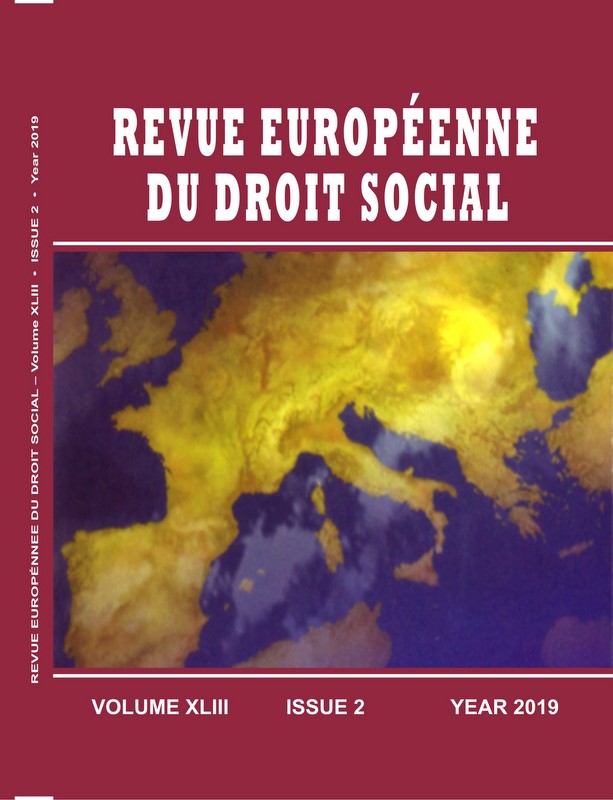EMPLOYEE VOICE AND RETALIATION AT THE
WORKPLACE: THE PERSPECTIVE OF THE EUROPEAN
COURT OF HUMAN RIGHTS
EMPLOYEE VOICE AND RETALIATION AT THE
WORKPLACE: THE PERSPECTIVE OF THE EUROPEAN
COURT OF HUMAN RIGHTS
Author(s): Maria Corso StefanoSubject(s): EU-Legislation
Published by: Editura Bibliotheca
Keywords: Freedom of speech; European Court of Human Rights, Employee voice; Social rights; Retaliation;
Summary/Abstract: In spite of the importance recognized to Article 10 ECHR, workers’ freedom ofspeech and its protection from potential retaliation at the workplaces have been only recentlydiscussed by the European Court of Human Rights. With a particular attention to theconsequences suffered by employees, the essay reviews the steps that led the Court ofStrasbourg to recognize worker’s voice and whistleblowing as a social right and it highlights therole played by the 2008 Guja ruling where the Court drafted a sort of a manual providing thecriteria to be used to verify the legitimacy of the restrictions imposed by governments on thematter. Such ruling is particularly relevant for a number of reasons: it may be considered a keyto the interpretation of national regulations; it provides valid orientation to public and privateentities and facilitates the judge’s task in interpreting whistleblowing cases according to a legalframework that is still in a stage of evolution in many countries, but has instead already beenconsolidated through the implementation of specific regulations in others. In conclusion, thesurvey looks at future prospects, supporting the idea that in a balance between individual rightsand public interest, particular attention should be paid to the legal definition of a whistleblower,as it emerges from the typical proceeding on a case-by-case basis.
Journal: Revue Européenne du Droit Social
- Issue Year: 2019
- Issue No: 2 (43)
- Page Range: 32-41
- Page Count: 8
- Language: English

